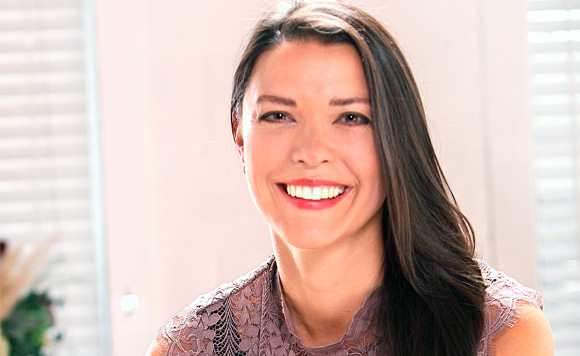by Dr. Marita Schauch, ND | Tall Tree Integrated Health Centre –
Hair loss is natural. Hair falls out and hair grows in, and while it is normal for the average human to lose 50 and 100 single hairs a day, when our health is out of balance, we may have more hair loss than usual. Many think that hair loss is only the concern of men, but it is estimated to affect more than 50% of women as well. The groups of women who experience noticeable hair loss are usually women older than 40, are menopausal, have just given birth, have been affected by health issues or medications and those who use or receive harsh chemical treatments on their hair.
POTENTIAL CAUSES
Diet/Follicle Damage. Follicle damage occurs when the body is lacking proper nourishment. Many restrictive diets deplete our body’s nourishment needs that are required to maintain balance and hair growth because of the lack of vitamins, minerals, proteins and trace elements. Follicle damage can also occur when there have been long-term chemicals used on the hair in treatments such as perms and dyes. Some common nutrient deficiencies affecting hair loss include: Iron and Vitamin B12.
Hormones/Aging. Dihydrotestosterone (DHT) imbalances, specifically for females will cause follicles to shrink, hindering the ability to support hair growth. Other underlying causes for hormonal imbalances affecting hair loss in women are menopause, stress and/or underlying thyroid issues.
Emotional Stress. Big life events such as childbirth, divorce, grief/loss or surgery that peak emotional stress may cause the body to redirect its resources to attempt to resolve the situation. This may result in sudden hair loss, yet it is preventable and curable.
PREVENTION & RESTORATION
The best way to prevent and/or restore hair after significant loss is by nourishing the body with nutrient dense foods. Protein. Hair is made from protein, so making sure to eat plenty of protein every day helps to support hair growth.
Omega 3s. Omega 3 fatty acids nourish and soothe hair follicles to promote healthy blood circulation. Food sources include fish, cod liver oil, flaxseed, chia seed, walnuts.
Selenium. Selenium is a trace element that helps to protect from oxidative stress and hair follicle morphogenesis. One of the best food sources of selenium is Brazil nuts.
Gut Health. The microbiome is a big support for the production of nutrients needed for hair growth as well as supporting hormones that control hair growth. A high-quality probiotic is recommended in maintaining a balanced gut.
B Vitamins and Iron. Both B vitamins and iron are responsible for strengthening hair follicles and stimulating hair growth. Ensure both of these nutrients are in optimal range through blood tests.
Self-care. To prevent and manage stress levels, practices such as yoga, meditation, walking, journaling, reading, epsom salt baths, or any stress-reducing activities to lower cortisol production which negatively affects hair growth.




